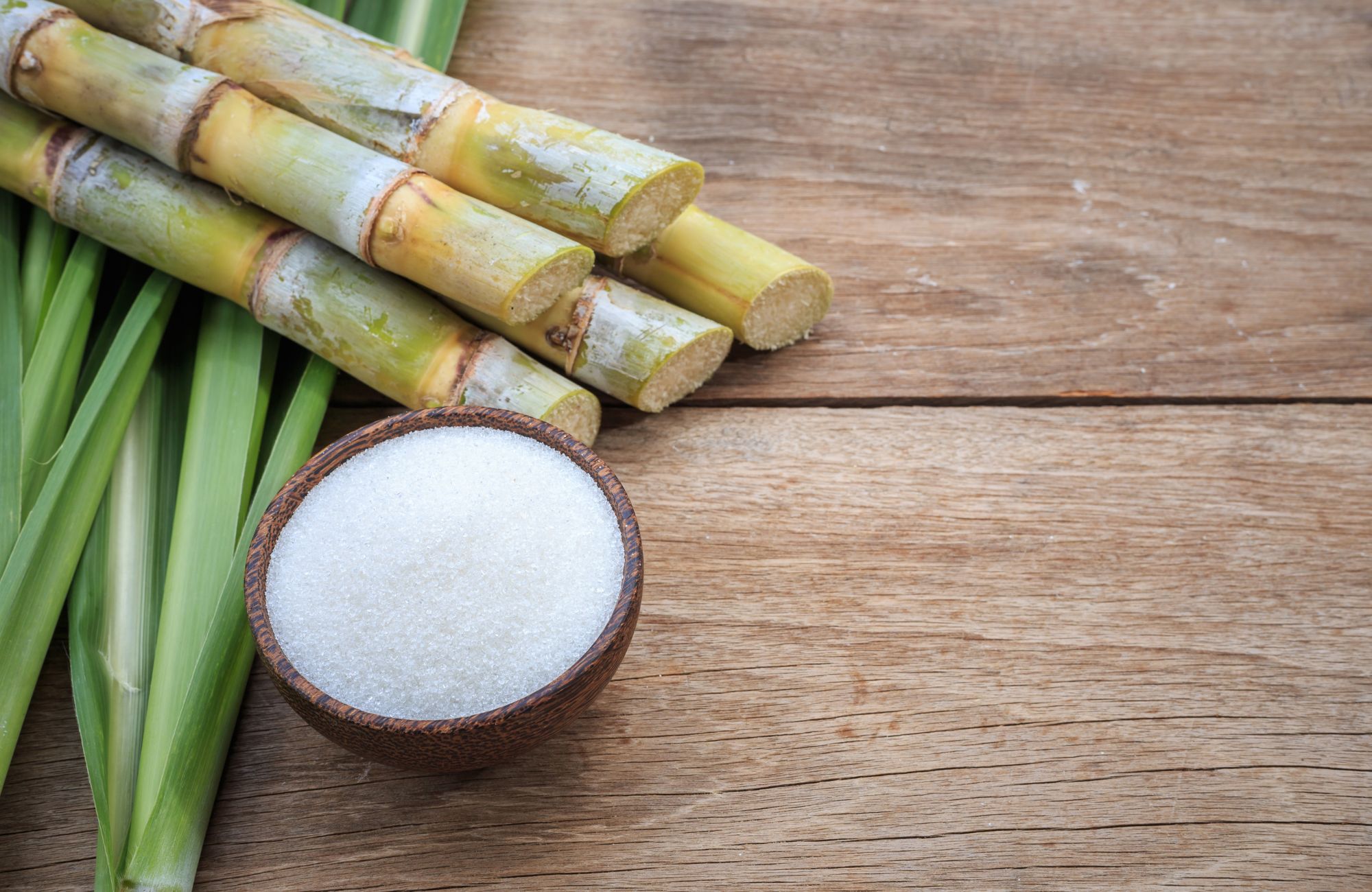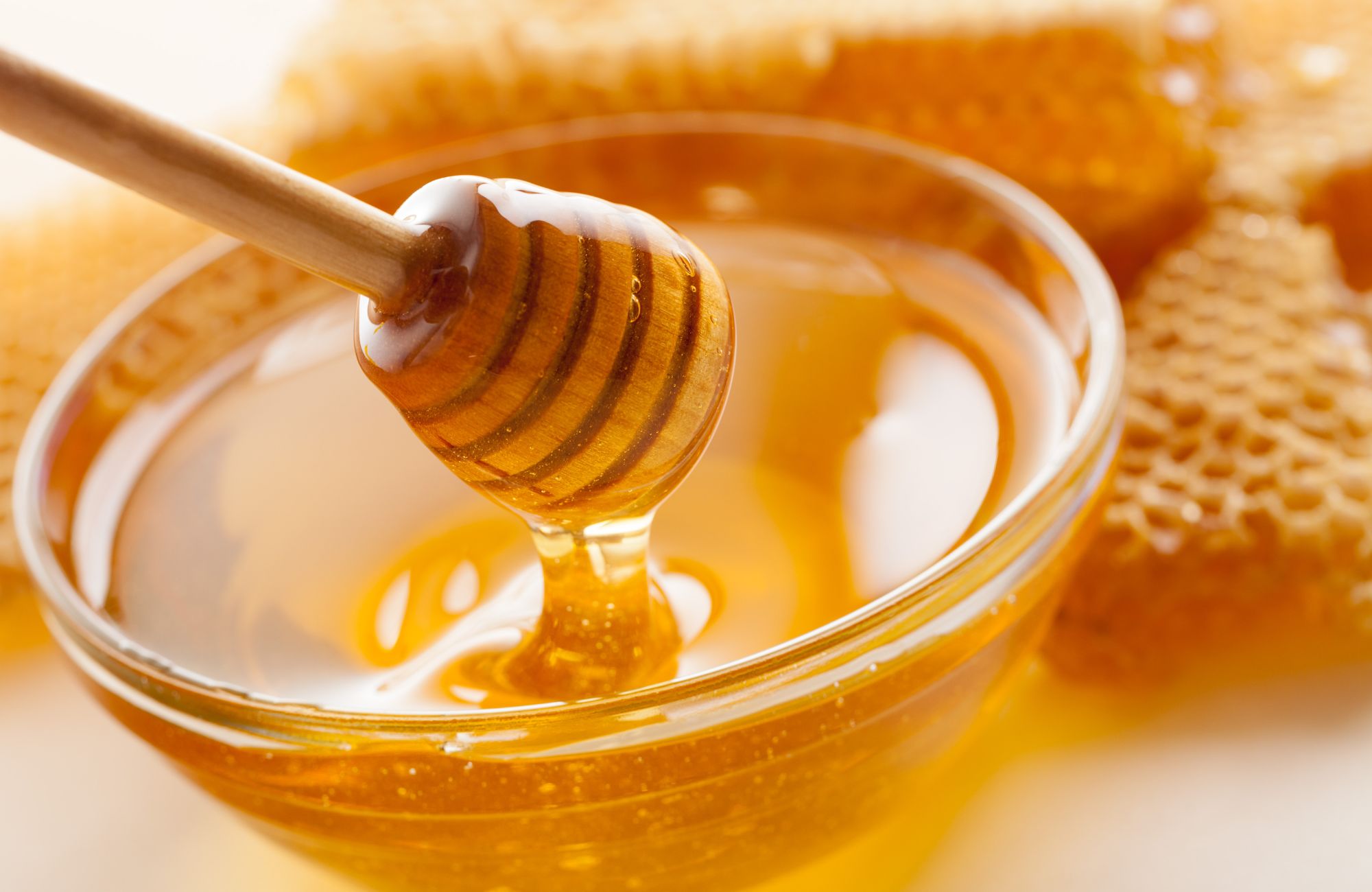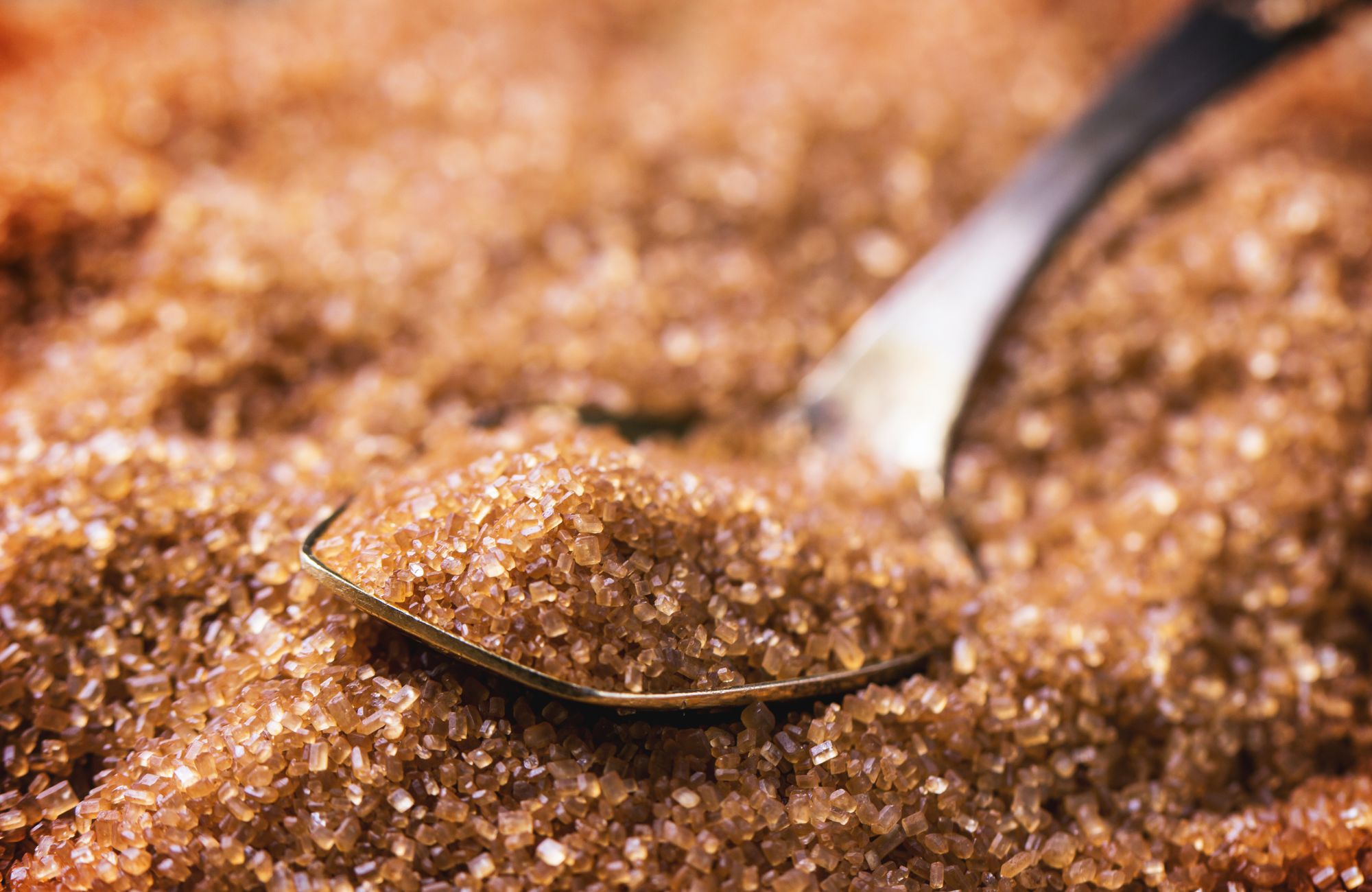
What Is Evaporated Cane Sugar?
Evaporated cane sugar is a less processed alternative to refined white sugar, preserving more of its natural molasses and minerals. It has gained popularity among health-conscious consumers and baking enthusiasts for its subtle complexity of flavor and natural production process. Unlike conventional sugar, which undergoes multiple refining steps, evaporated cane sugar is crystallized only once, maintaining more of the sugar cane plant’s original character. Many compare it to raw sugar due to its minimal processing, though it retains a lighter texture and flavor profile. Let’s dive deeper into, what is evaporated cane sugar.
Key Characteristics of Evaporated Cane Sugar
Evaporated cane sugar stands out from refined white sugar due to its minimal processing, which helps preserve its natural qualities. It is widely favored for its unique texture, flavor, and color, making it a preferred sweetener for baking, beverages, and specialty food products.
- Color: Warm, golden hue with a natural amber tone (typically up to 600 ICUMSA units), resulting from the retention of molasses during processing. This gives it a more rustic appearance compared to pure white sugar.
- Crystal Size: Slightly larger and coarser than refined white sugar, allowing it to add a subtle crunch and a more pronounced texture when used in baking and confections.
- Flavor Profile: A delicate hint of molasses that adds depth and complexity to recipes, making it a preferred choice for those looking for a touch of natural sweetness with a mild caramel undertone.
- Nutritional Content: Retains trace minerals such as calcium, iron, and potassium from the sugar cane plant, which are typically lost in more refined sugar varieties.
- Processing: Undergoes a single crystallization process, preserving more of the natural molasses and nutrients compared to refined sugars, which go through multiple refining stages.
How is Evaporated Cane Sugar Made?
The process of making evaporated cane sugar combines traditional methods with modern food safety standards. The cane must be processed within 24 hours of harvest to preserve its natural properties and prevent quality degradation.
- Harvesting and Juice Extraction: Fresh sugar cane is cut at peak ripeness and quickly transported for processing. The cane is shredded, and fresh sugarcane juice is extracted through milling.
- Purification and Filtration: Natural settling removes larger particles, and gentle filtration cleans the juice while retaining beneficial compounds. Unlike white sugar processing, no harsh chemicals are used.
- Crystallization: The filtered juice is heated to evaporate excess water, allowing natural crystallization to occur with its surrounding molasses layer intact.
- Quality Control: The sugar is monitored for temperature control, crystal size, color, moisture content, and microbiological safety to ensure a consistent, high-quality product.
Nutritional Benefits and Health Considerations
While it retains more nutrients than refined sugar, it is still primarily sucrose and should be consumed in moderation.
Mineral Content
One of the key advantages of evaporated cane sugar over highly refined sugars is its ability to retain trace amounts of essential minerals. While these minerals are present in small quantities, they can contribute to overall well-being when included as part of a varied diet.
- Calcium: Plays a crucial role in maintaining bone density and strength, reducing the risk of osteoporosis.
- Phosphorus: Vital for energy production, bone structure, and the proper function of cell membranes.
- Magnesium: Supports muscle relaxation, nerve function, and cardiovascular health, while also playing a role in energy production.
- Iron: Essential for the formation of red blood cells and the transportation of oxygen throughout the body, preventing fatigue and anemia.
- Potassium: Important for maintaining fluid balance, supporting heart health, and aiding muscle contractions.
Health Considerations
While evaporated cane sugar offers a more natural sweetening option, it is still a form of sugar and should be consumed in moderation. Understanding its effects on health can help consumers make informed dietary choices.
- Less processed than white sugar: Retains more of its natural molasses content and nutrients compared to refined white sugar, making it a preferred choice for those looking for a less artificial sweetener.
- Free from artificial additives and synthetic chemicals: Does not contain bleaching agents or other chemical treatments commonly used in refined sugar production.
- Similar caloric and glycemic impact as refined sugar: Despite being less processed, it has the same calorie content per serving and can raise blood sugar levels in a similar manner.
- Not suitable as a diabetic-friendly alternative: Should be consumed with caution by individuals managing diabetes or blood sugar levels, as it behaves similarly to other sugars in the body.
Culinary Applications and Usage Guide
Evaporated cane sugar can be used as a 1:1 substitute for white sugar in most recipes while adding a subtle molasses flavor and golden hue to baked goods.
- Cookies: Enhances chewiness and depth of flavor
- Cakes: Produces a golden crumb and retains moisture well
- Breads: Feeds yeast effectively, creating even browning
- Beverages: Dissolves well in hot and cold drinks, ideal for syrups, craft cocktails, and kombucha
- Commercial Use: Common in artisanal baked goods, premium sauces, and natural candies
Storage and Handling Tips
To maintain its quality, it should be stored in an airtight container in a cool, dry place. Avoid exposure to moisture, which can cause clumping. When stored properly, it has a shelf life of up to five years.
Conclusion
It offers a natural, minimally processed alternative to refined white sugar. It provides clean-label appeal and enhances both flavor and texture in various applications. Whether for home use or commercial production, it is a reliable, versatile option for those seeking a less-processed sweetener.
Your Trusted Source for Quality Sweeteners
At US Sweeteners, we are committed to providing premium-quality evaporated cane sugar that meets the highest standards of consistency and safety. Our evaporated cane sugar is minimally processed, retaining its natural molasses content, which imparts a distinctive golden hue and a subtle, rich flavor. This makes it an excellent choice for both culinary professionals and home bakers seeking a more natural sweetening option. We offer our evaporated cane sugar in various bulk quantities to cater to diverse needs, ensuring timely delivery and exceptional customer service. Our products are non-GMO and kosher-certified, aligning with our dedication to quality and inclusivity.
Whether you’re in the food and beverage industry or simply looking to enhance your pantry with a superior sweetener, US Sweeteners is here to support your requirements. Contact us today to learn more about our offerings and how we can assist you in achieving your sweetening goals.
FAQs
What is the difference between cane sugar and evaporated cane sugar?
Evaporated cane sugar is less processed than regular cane sugar, retaining more of its natural molasses and minerals. Cane sugar, which refers broadly to sugar derived from the sugar cane plant, is often more refined and undergoes additional processing to remove molasses.
Is evaporated cane sugar good for you?
While evaporated cane sugar is less processed than refined white sugar, it is still primarily sucrose and should be consumed in moderation. It contains small amounts of minerals but does not offer significant health benefits over other sugars.
How is evaporated cane sugar made?
Evaporated cane sugar is made by extracting juice from fresh sugarcane, filtering it to remove impurities, and then heating it to allow natural crystallization. This process preserves some of the cane’s original molasses and minerals.
What is the difference between cane sugar and regular sugar?
Regular sugar, often referred to as refined white sugar, undergoes multiple processing and refining steps to remove all traces of molasses and natural minerals. Cane sugar, on the other hand, refers to sugar derived specifically from sugarcane and may be available in various levels of refinement, including evaporated cane sugar.
Is evaporated cane juice similar to evaporated cane sugar?
While both terms refer to a sweetener derived from sugar cane, the FDA discourages the use of “evaporated cane juice” on labels, as it can mislead consumers into thinking it is an unprocessed or more natural product. It is the crystallized form of the extracted sugarcane juice, retaining some natural molasses and minerals.



Leave a Reply